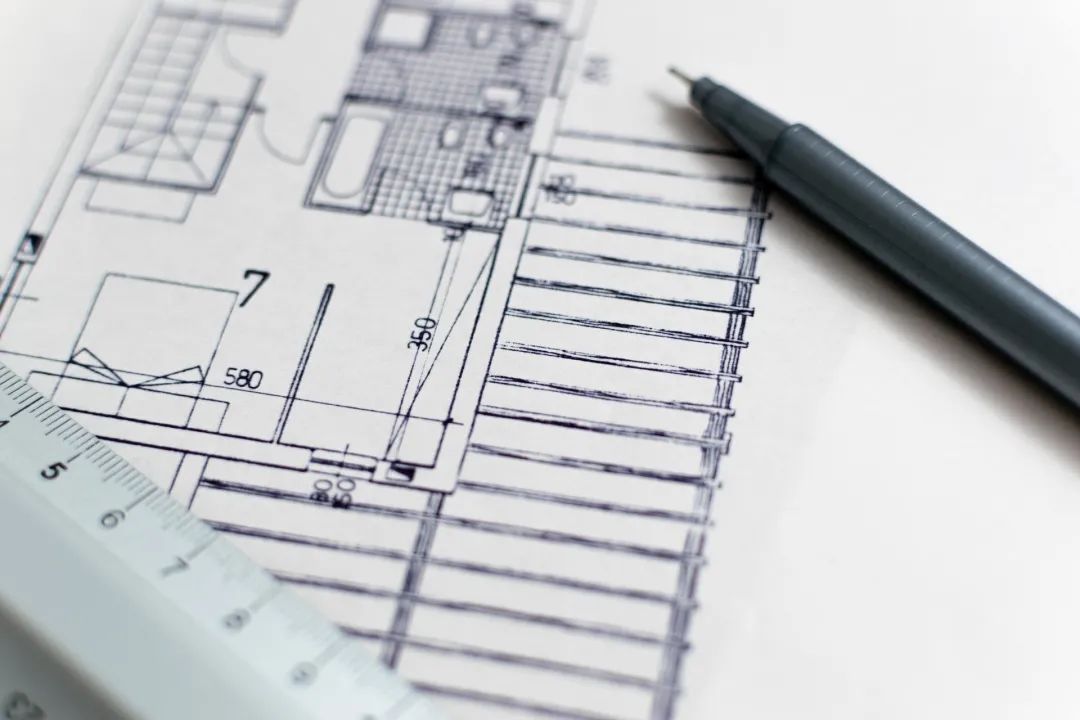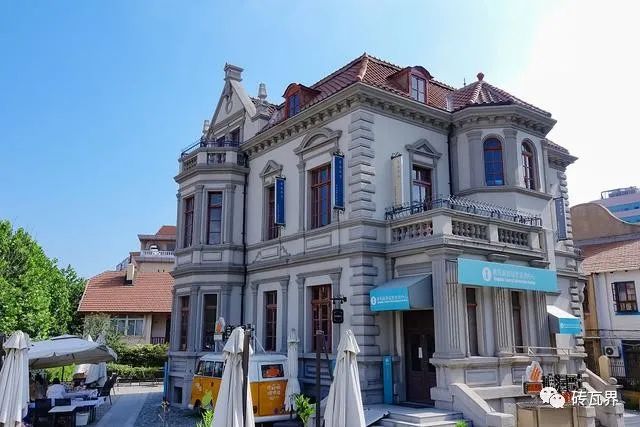As an active and responsive design practice, it has been our dream for many years to put the two-way combination of “practical research innovation” and “research practical innovation” on a common platform.
It has gradually become an international scientific and technological innovation center with global influence.
As we all know, the Great Bay area of the Pearl River Delta is one of the regions with the fastest economic development, the most vigorous and the most diverse culture in the world.
As a well deserved representative of “China’s speed”, the Great Bay area of the Pearl River Delta carries extraordinary acceleration and gallops all the way on the track of “development”.
Compared with the previous routine start-up methods, we chose the form of “marathon” and hoped to start the whole activity in a younger and more suitable form for our innovation platform.
It is hoped that our joint efforts will make the innovative design laboratory in Dawan District, Guangdong, Hong Kong and Macao an ideal image in our mind – an urban think tank in Dawan District, an international academic exchange platform and an incubator for local pioneer design practice.
Dawan district laboratory launching ceremony Liu Heng, Doreen hengliu marathon host, distinguished professor of Shenzhen University, founder and presiding architect of Nansha original architectural design studio, director and academic host of Guangdong, Hong Kong and Macao Dawan District innovative design laboratory.
I hope that in such a stage that has obviously entered the stage of stock development, With the determination to face difficulties and problems, we can find the core methods, paths and possible answers to solve problems and respond to challenges through joint efforts, and finally make integration and transformation through design and research.
I was asked how the 22 architects were selected? First of all, they are a group of post-80s architects, as well as several outstanding alumni from 70 to 80; They have always been committed to architectural innovation and landing, which is a very valuable and pragmatic performance.

Let’s ask and think again.
In this non-stop process, we have created some achievements, some achievements and some things called wealth; At the same time, it also left some failures, some lessons and some problems that had no time to think.
I would like to hear your responses to the selected questions and why there are no responses to other questions.
We have realized that a single discipline can not face the complexity of human and space development.
The launching ceremony of innovative design laboratory in Guangdong, Hong Kong and Macao Bay area of Shenzhen University and the “triangle and quartet” youth architect marathon forum, planned and convened by Professor Liu Heng, are architects and scholars in the torrent of the times, asking questions to the future and themselves.
Today, we mention them again, adding some specific preconditions – such as climate change, such as an increasingly uncertain future…
In fact, we raised these ten problems at the 2015 Biennale.
At the same time, facing the climate and survival crisis brought by global warming and various uncertainties and unknowns in the future, how to respond to urban and architectural design through specific subject research and design is the starting point of our laboratory design innovation.
The rapid regional development and the shortage of land resources also made Guangdong, Hong Kong and Macao Bay area quickly enter the period of stock development.
If we do not look directly at these difficulties and complexities truly and objectively, we can not find the answers to the core methods, paths and possibilities to solve problems and respond to challenges.
Knowledge Lei Feng sorted out the texts of on-site speeches, marathons and forum exchanges of many architects and scholars who accepted this “challenge” as follows, hoping to leave some footnotes for this experiment, and look forward to more academic exchanges and the birth of pioneer design in the future.
The second session was a round table discussion of several outstanding alumni of Shenzhen University.
After so many years of efforts, everyone has formed their own characteristics.
Wang Yuan from Huazhong University of science and technology and our academic committee..
In today’s sharing, I hope you can respond to the ten problems we are facing.
The inherent pragmatism, calmness and vitality of the South will also become our most important attitude and personality.
These two participation have opened our research interest in the future of cities and the publicity of infrastructure.
The academic chair of the round table discussion is Mr.
We hope to make the final integration and transformation through design, so cross-border, integration and innovation are the key words of this experimental platform.
These 22 architects and young teachers have made choices on these ten topics, among which “urban regeneration” is the topic most people choose, followed by “regionality, Lingnan culture and lifestyle” and “informal design behavior”, followed by “real-time urbanization” and “virtual reality and information technology”, and chose “food and agriculture” There are few topics on “resources” and “infrastructure”, which also reflects some phenomena from the side.
10 years ago, as an independent architect, I participated in the research competition on the future of the city for the first time with architects from five other countries around the world, It was also the first time in that year that I worked with Shenzhen and Hong Kong architects to study urban issues such as global warming and water surface rise in specific regions of the Pearl River Delta.
Based on the regional characteristics of the south, focusing on the global vision, relying on the full support of universities, colleges and all walks of life, the laboratory will sincerely and continuously promote the practice and implementation of research and design methodology, and help create a sustainable, humanized and multi dynamic urban environment.


